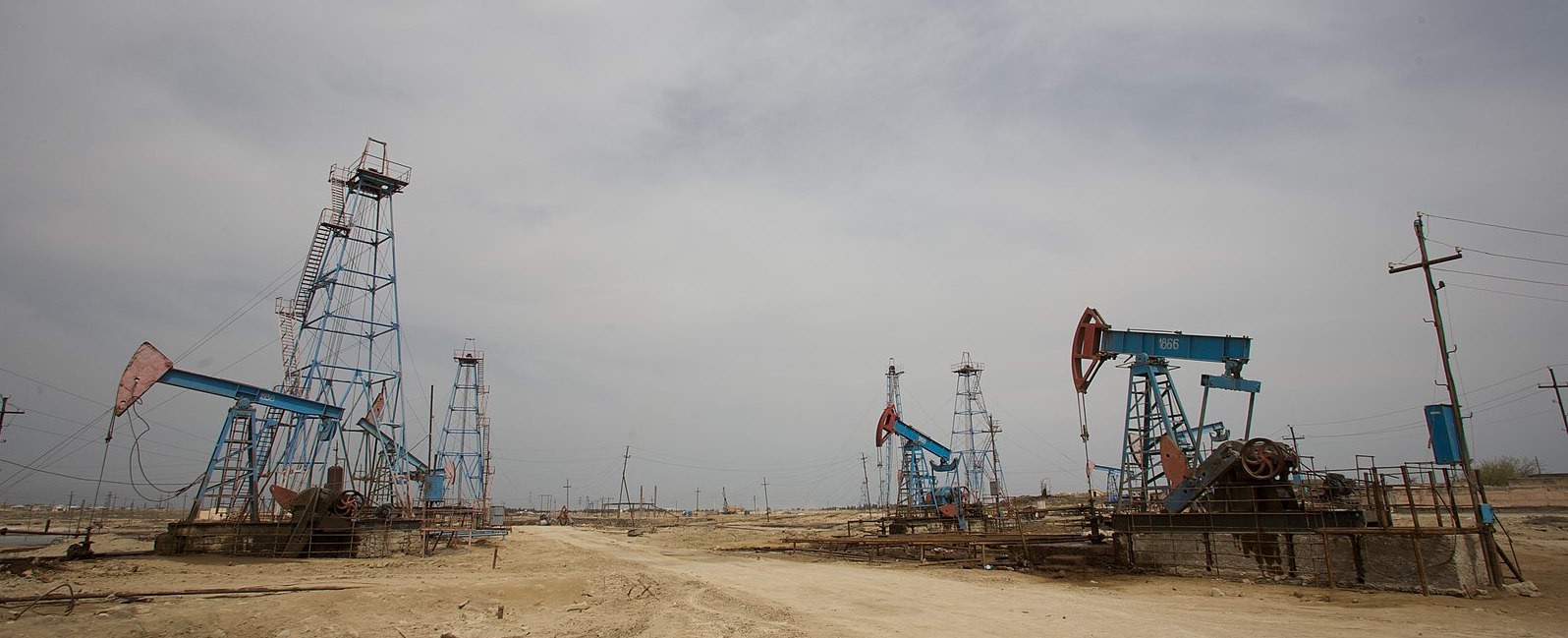
Global carbon emissions from fossil fuels have hit a record high in 2024, with still no sign that they’ve peaked, according to a “carbon budget” assessment by the UK-based Global Carbon Project. The researchers found that burning of oil, gas and coal emitted 41.2 billion tons (37.4 billion metric tons) of carbon dioxide into the atmosphere in 2024, a 0.8% increase over 2023. When added to emissions generated by land-use changes such as deforestation, a total of 45.8 billion tons (41.6 billion metric tons) of CO2 was emitted in 2024. At this rate, the researchers estimate there’s a 50% chance that global warming will exceed the 1.5 Celsius (2.7 degrees Fahrenheit) warming maximum set by the Paris Agreement within six years. The findings were published Nov. 13 in the journal Earth Systems Science Data. (LiveScience, DW)
The findings come as the COP29 UN climate talks open in Baku, Azerbaijan, where the parties are ostensibly negotiating ways to meet the targets set in Paris in 2015. But the leaders of the 13 biggest carbon emitters—those nations responsible for more than 70% of 2023 emissions—did not bother to attend the gathering. US President Joe Biden, Chinese President Xi Jinping and Indian Prime Minister Narendra Modi are among the G20 leaders not appearing at the event. Other absentees include German Chancellor Olaf Scholz and Brazilian President Lula da Silva.
“It’s symptomatic of the lack of political will to act. There’s no sense of urgency,” scientist Bill Hare of the group Cimate Analytics told the Associated Press.
Azerbaijan’s president and COP29 host Ilham Aliyev stirred controversy by telling the assembly that fossil fuels are “a gift of God” to countries such as his own. Azerbaijan has 7 billion barrels of oil reserves and was one of the first places in the world to start commercial oil production. It remains a significant producer today.
Shortly after Aliyev’s comments, UN Secretary-General António Guterres told the conference that doubling down on the use of fossil fuels is “absurd.” (BBC News, DW)
See our last report on the UN climate process.
Photo of Azerbaijan oilfields: Indigoprime via Wikimedia Commons




